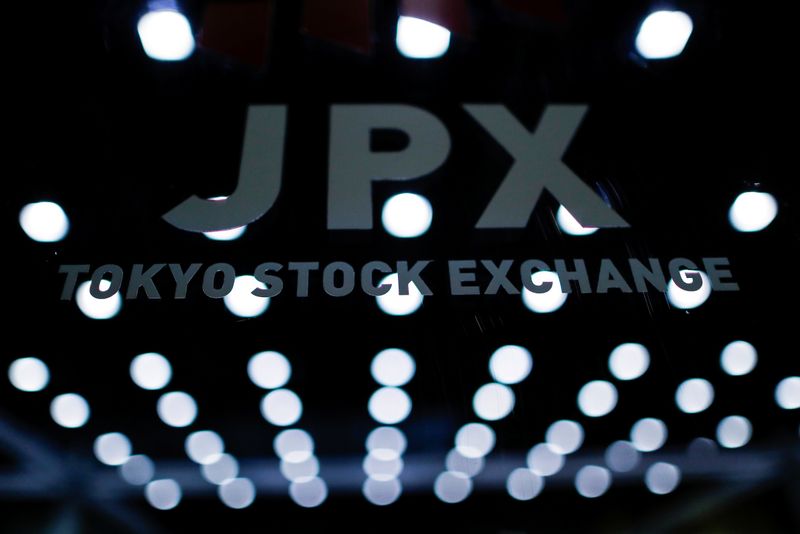By Stanley White and Eimi Yamamitsu
TOKYO (Reuters) - The Tokyo Stock Exchange suspended share trading for the full day on Thursday as a glitch in its electronic trading system caused the worst outage ever suffered by the world's third-largest stock market.
The shutdown frustrated investors looking to buy back shares after the first U.S. presidential debate, and could tarnish the exchange's credibility just as new Prime Minister Yoshihide Suga makes digitalisation a top priority.
It also comes as Tokyo is hoping to attract more banks and fund managers from Hong Kong, amid businesses' concerns over a new security law imposed by China.
"The timing is really just bad," said Takashi Hiroki, chief strategist at brokerage Monex in Tokyo, about the trading halt.
Many market participants had been hoping to buy back their stocks or increase their holdings following the overnight rise on Wall Street, he said.
"The market was robbed of that chance."
The exchange blamed the outage on a hardware problem at its "Arrowhead" trading system, and a subsequent failure to switch over to a backup device. It was the first full-day suspension on the bourse since all-electronic trading began in 1999.
"TSE is currently planning to replace the hardware and taking steps, including other maintenance, to ensure normal trading from tomorrow onwards," Japan Exchange Group (T:8697), which runs the TSE, said in a statement.
TSE Chief Executive Officer Koichiro Miyahara will hold a news conference at 4:30 p.m. (0730 GMT).
Smaller, regional bourses in Nagoya, Fukuoka and Sapporo were also forced to suspend trade because they use the TSE's system. That left the derivative-focused Osaka Exchange as the only equity market still running.
Nikkei futures (JNIc1), which trade in Osaka, rose 0.56% on Thursday, in line with a rise in U.S. stocks overnight.
"We have to make sure this kind of situation is never repeated," Japan's top government spokesman, Katsunobu Kato, told a news conference, calling the incident "extremely regrettable".
Tokyo Governor Yuriko Koike said a quick fix was crucial to ensure trust in the market.
Tokyo's roughly $6 trillion market now ranks as the world's third-largest, after New York and Shanghai, according to data from the World Federation of Exchanges.
While Tokyo has been eclipsed by Shanghai's market in recent years, it is still a global centre and a destination for foreign investors.
The TSE had been prone to technical troubles in the past and was notorious for sluggish trading, though there have been far fewer technical problems since the introduction of a new system in 2010.
Fujitsu Ltd (T:6702), which developed the trading system, said it was investigating the problem.

The Nikkei (N225) fell 1.5% on Wednesday, its biggest decline in two months, as an acrimonious debate between U.S. President Donald Trump and Democrat Joe Biden highlighted the risk of an inconclusive outcome to the presidential election in November.